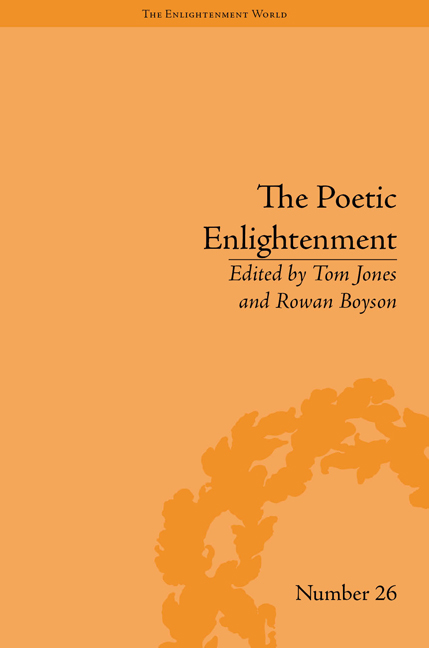General Introduction
Summary
The intellectual transformation in Europe termed the Enlightenment has long been understood as closely associated with ‘the ambition of creating a science of man’. Such a project, an anthropological corollary of Newton's project to unify and systematize the natural sciences, saw efforts on the part of figures from Malebranche to Hume to ‘undertake a systematic investigation of man's nature, practices and social arrangements, parallel in rigour and comprehensiveness to the investigations of the natural world with which they were becoming familiar’. A science of man would integrate the emerging humanistic disciplines of anthropology, comparative religion, economics, linguistics and psychology. Newton's model may have been the best available, but the human sciences differed from it in one major respect: that man was both subject and object of the knowledge that these sciences both studied and produced. This difference is also a difficulty, as Georges Gusdorf notes: ‘La difficulté tient à ce que l'homme est à la fois sujet et objet de la conaissance, en sorte que les problèmes de l'anthropologie ont une complexité intrinsèque plus grande que ceux de la botanique.’ The seventeenth- and eighteenth-century attempts to formulate this self-reflexive science and the implications of such attempts for notions both of disciplinarity and of modernity, have preoccupied a number of eminent European intellectual historians since the 1970s. One scholar has emphasized a dialectic of division and reunification with respect to the emergent disciplines: ‘the famous Enlightenment projects in the division of knowledge often aimed, with greater or lesser explicitness, to provide thereby a new foundation for a unified scheme of knowledge’. The conduct of the project of the human sciences required a governing concept of the human that was then analysed from various disciplinary points of view, each of which produced different emphases in their accounts, and for which the human might come to mean something different. A unified science of man has a dynamic relationship with the various human sciences, through a regulating concept of the human that is posited in the knowledge that it will be revised.
- Type
- Chapter
- Information
- The Poetic EnlightenmentPoetry and Human Science, 1650–1820, pp. 1 - 10Publisher: Pickering & ChattoFirst published in: 2014

